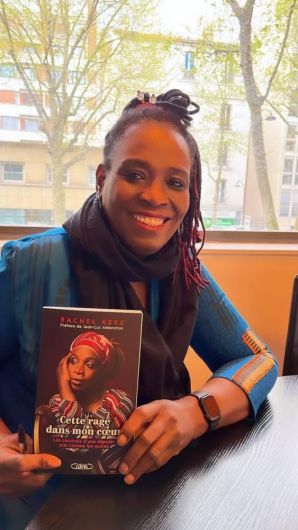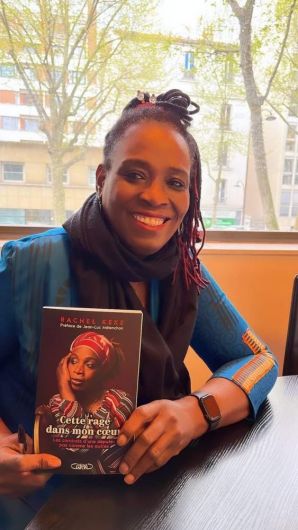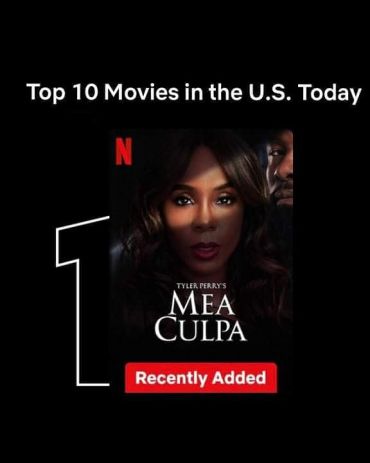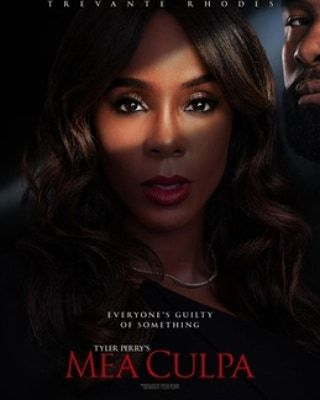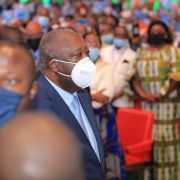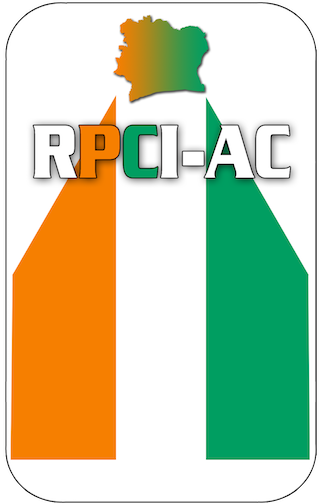The Washington Post: U.S. weighs plan to block cocoa imports produced with child labor. Ivory Coast calls ban unfair
By The Washington Post: U.S. weighs plan to block cocoa imports produced with child labor. Ivory Coast calls ban unfair.
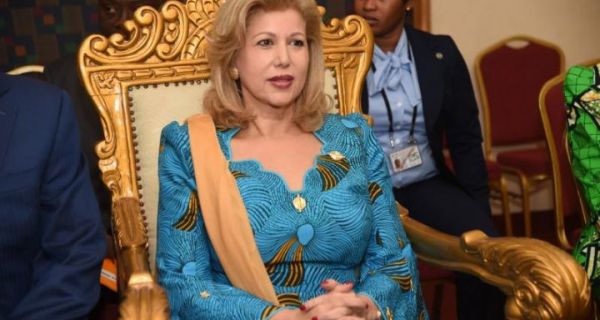
The country’s first lady met with U.S. congressional delegation to discuss solutions to forced child labor.
By Peter Whoriskey August 7 at 10:44 AM
A proposed U.S. ban on cocoa from Ivory Coast, the world’s leading supplier of chocolate’s essential ingredient, is facing strong political resistance from the West African nation.
First lady Dominique Ouattara convened a meeting this week in Abidjan with nine Capitol Hill staffers and Rep. Dwight Evans (D-Pa.) to lay out arguments against a proposal to block Ivorian cocoa from U.S. ports.
The call to ban Ivorian cocoa and the chocolate produced with it came from two U.S. senators who last month cited “overwhelming evidence” that the Ivorian cocoa harvest depends on forced child labor. For that reason, they said, such products should be prohibited from reaching the U.S. market.
But Ouattara said a cocoa embargo by the United States would harm Ivorian farmers and set back the country’s efforts to eradicate child labor, which she leads.
“I think [the proposal] would punish an entire country and farmers, who are struggling to survive and would be unfair to the work we are doing,” Ouattara said at the meeting.
For nearly 20 years, the Ivorian government, cocoa wholesalers and the world’s largest chocolate companies — including Mars, Nestlé and Hershey — have acknowledged the role of child labor in the cocoa supply chain and pledged to eradicate it.
The companies have instituted programs to monitor their supply chains and more recently turned to “third-party certifiers” — such as Fairtrade America and Rainforest Alliance — to police their cocoa supplies.
None of the efforts, however, has eradicated the practice.
As The Washington Post reported in June, more than 2 million children have been engaged in child labor in West African cocoa farms, according to government estimates. Most of those are children working on family farms, and many forgo schooling to do so.
[Cocoa’s child laborers]
Others are children trafficked into Ivory Coast and Ghana from neighboring countries to serve as indentured laborers. Often, their parents are paid a lump sum by the trafficker and, once on a cocoa farm, the trafficked children earn small sums — typically less than a $1 a day.
The new proposal to crack down on Ivorian cocoa imports, advocated in a July letter by Sens. Sherrod Brown (D-Ohio) and Ron Wyden (D-Ore.), would be the most aggressive measure taken yet to force change within the industry.
Such a ban, if imposed by U.S. customs officials, would significantly ramp up the pressure on chocolate companies and the government of Ivory Coast to crack down on child labor. About a third of the world’s supply of cocoa is grown there, and the large companies whose chocolate bars are popular in the United States — a multibillion-dollar market — depend in part on its harvest.
“Forced child labor is abhorrent to all companies in the cocoa industry, and we strongly support United States Government efforts to monitor and stop any shipments of products made with forced labor,” Richard Scobey, president of the industry group World Cocoa Foundation, said in a statement. “The World Cocoa Foundation encourages everyone in the supply chain — companies, farmers and governments — to commit to fair and equitable labor practices.”
Through a spokesman, Evans, the only member of Congress at the meeting, declined to comment.
“The threat of this type of ban shows there is growing pressure on the companies to take this issue seriously,” said Katherine McDonnell, a director at the Corporate Accountability Lab, which issued a report last month critical of the chocolate industry’s practices in Ivory Coast. “The U.S. government has been extraordinarily patient with this industry for so long. These companies have been making these promises for 20 years - with no impact.”
The proposal to ban Ivorian cocoa is authorized by a U.S. law that empowers customs officials to block products from the United States if evidence “reasonably ... indicates” they are being produced with forced or indentured child labor.
The letter from Brown and Wyden cited as evidence The Post’s June story documenting child labor on Ivory Coast cocoa farms. During a trip through Ivory Coast’s cocoa-growing areas, Post journalists spoke with 12 children across several farms who said they had come, unaccompanied by parents, from impoverished Burkina Faso to work in cocoa.
[Senators call for crackdown on cocoa imports made with forced child labor]
At the meeting, Ouattara suggested the child labor problems depicted in The Post story are rare. She made her arguments to Evans and nine congressional staffers who attended the meeting.
“The Washington Post article was true but it is something that is not common,” she said, according to Reuters. “This is an isolated case because in the other farms there are no children.”
Even before the senators’ letter, the Forced Labor Division within the Department of Homeland Security had been investigating forced labor in cocoa.
Customs and Border Protection “has previously engaged with the cocoa industry to trace cocoa supply chains and understand industry internal controls and compliance regimes, including due diligence and corporate social responsibility programs around high-risk agricultural commodities,” the agency said in a statement
If investigators find evidence of forced child labor in imports from a company, or from an entire country, they can block them from entering the United States. To enter the U.S. market in such cases, importers must show they are free of forced labor.
The Forced Labor Division is responsible for forced labor complaints from around the globe. It has fewer than 10 people working, however, and its record of blocking products of forced labor is sparse.
With the closure of a loophole in the trade law in 2016, however, such findings could rise. In May 2018, the United States blocked cotton from Turkmenistan after reports of forced labor there.
In weighing whether to impose an embargo for forced labor, officials said, they consider whether it will help eradicate the practice. It is possible, some industry leaders said, that a U.S. ban would do little to eradicate abuses and serve only to deepen the targeted country’s desperation.
Regardless of whether the ongoing investigation yields a cocoa ban, however, the proposal is putting pressure on the Ivorian government and the chocolate companies to exercise more vigilance over the cocoa farms. Already, the Ivory Coast government has joined with that of Ghana to demand higher prices for the commodity, a move announced this summer that could mitigate the poverty of cocoa farmers.
Read more...https://www.washingtonpost.com/business/2019/08/07/ivory-coast-first-lad...


